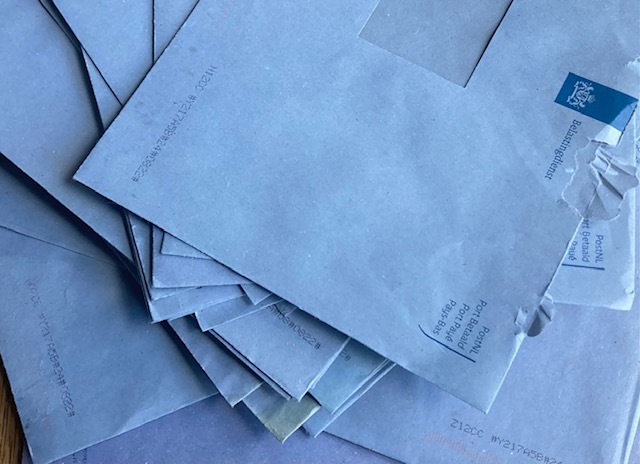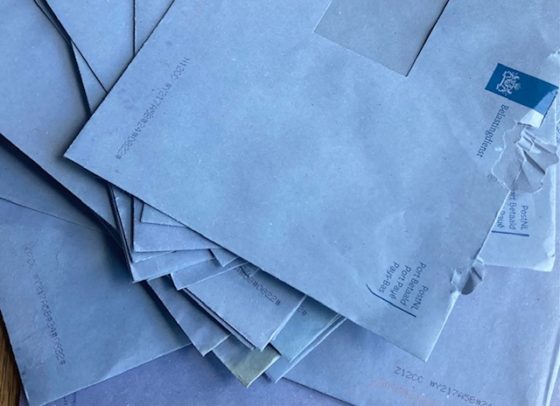Tax office used nationality as a basis for extra checks, report confirms


For several years tax office instructions said that fraud risk assessments could be made on the basis of nationality, according to a new report by PwC.
The ‘gatekeeper’ system allowed tax officials to single out 20,000 of the 12 million annual tax returns for extra checks.
However, the guidelines used by officials between 2014 and 1019 state that people could be called up for further checks on the basis of nationality and age, as well as other related indications, such as donating money to a mosque, PwC said.
PwC was commissioned by the government to look into the scandal in more detail.
The tax office had also drawn up a suspect profile to identify people for further checks. This, said PwC, was someone with ‘a low income according to third party checks but a high income on the tax return, who was young, single, often male and often with foreign roots’.
PwC said it could not determine if the guidelines were actually used in practice. Nevertheless, tax minister Marnix van Rij described the findings as ‘serious’ and ‘shocking’.
‘Selection should never take place on the basis of characteristics which are irrelevant for tax purposes,’ he said.
Suspicion
The existence of a secret list was revealed in media reports by RTL Nieuws and Trouw two years ago, which said that a ‘suspicion’ was enough for civil servants to include someone – without their knowledge.
And last month, Van Rij admitted that people with a ‘non-Western appearance’ were also placed on the blacklist for extra fraud checks.
Privacy
Last December, the Dutch tax service was fined €2.7 mn by the privacy watchdog AP for discriminating against dual national families who were targeted in the childcare benefit scandal.
The AP said tax inspectors should not have kept records of people’s second nationality or used them in deciding whether to investigate families for benefit fraud.
AP chairman Aleid Wolfsen said at the time that citizens needed to be sure that the government was not collecting more personal information than was legally necessary and that discrimination was not a factor in its decision making.
Thank you for donating to DutchNews.nl.
We could not provide the Dutch News service, and keep it free of charge, without the generous support of our readers. Your donations allow us to report on issues you tell us matter, and provide you with a summary of the most important Dutch news each day.
Make a donation